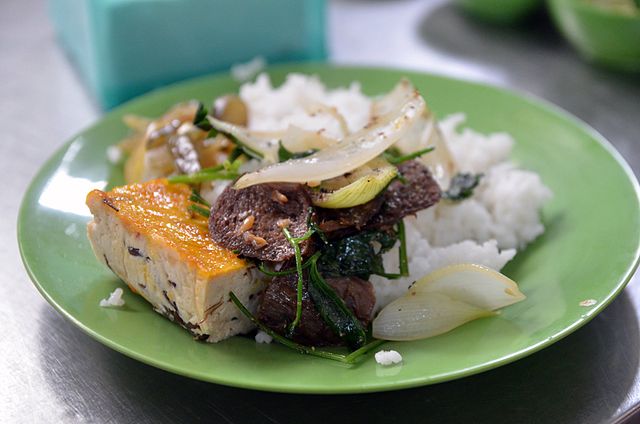Infinite photos and videos for every Wiki article ·
Find something interesting to watch in seconds
Richest US Counties
Wonders of Nature
Celebrities
Great Artists
Famous Castles
World Banknotes
Countries of the World
Sports
Kings of France
Tallest Buildings
Animals
Wars and Battles
Ancient Marvels
Recovered Treasures
History by Country
Largest Empires
Orders and Medals
Largest Palaces
Crown Jewels
Supercars
Best Campuses
Presidents
Great Museums
British Monarchs
Great Cities
Rare Coins
more top lists







